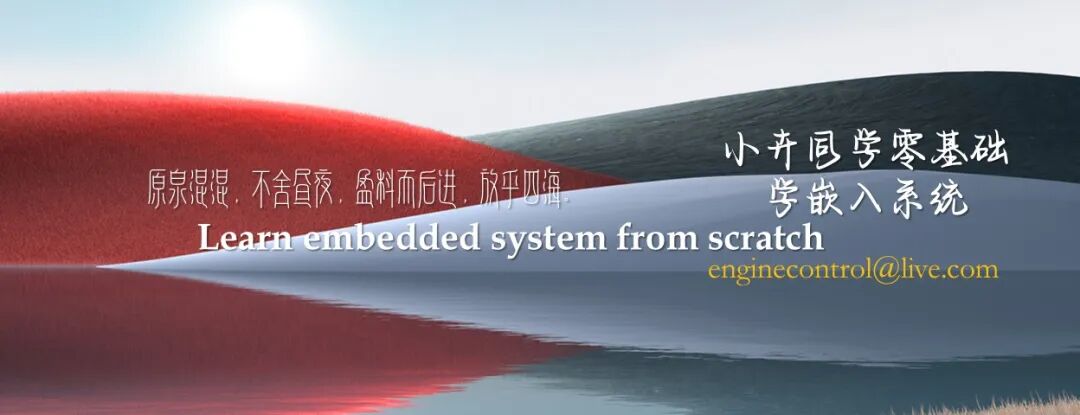
Years ago, the Fisher wrote a post on his birthday about creating an operating system called a marionette. Years have passed, and there has been no progress. There are many reasons for this, which I won’t discuss here. I just want to tell you, dear readers, that the Fisher is not someone who goes back on his word; he is now going to create a Pelt.
In embedded systems, the term “bare metal” refers to the hardware without an operating system. Only machines with an operating system can be considered presentable.
When it comes to presentation, the Chinese take pride in being far ahead. The Fisher has seen a post online, supposedly by Mr. Zi Zhongjun. Mr. Zi’s post has been hard to find in recent years. The gist of that post is that the current generation of Chinese scholars lacks the cultural level to achieve master-level figures.
When it comes to clothing, the pride of the Chinese is, of course, silk. The Fisher believes that being able to create a Pelt is also an impressive feat, as it is indeed presentable.
The sage said, “If the name is not correct, then the words will not be smooth.” Naming each task is a joy for the Fisher. The last marionette was still intended to be called an operating system, but this time, returning to the original meaning, from bare to Pelt, is a transition from being completely unadorned to having a Pelt.
This Pelt is the kind that is directly stripped from an animal, very rough. Tanned, it becomes leather. Although “skin” originally also expresses the category of Pelt, the Fisher sometimes associates “skin” with sunscreen, lotions, etc., as he is just a rough man.
Being rough is just superficial; the key is the inner understanding that follows the Chairman’s teaching that one should have self-awareness. The Fisher is reluctant to use provocative terms. Of course, the Fisher can do more than just Pelt; in a few years, leather may also be possible, and linen, pure cotton, and silk are all future endeavors.
The project is currently not open-source; the Fisher is exploring ways to monetize open-source projects. At his age, moving from Pelt to Silk is certainly not something he can do alone. If open-source can generate revenue, it will attract many young people to join in.
Pelt6378 is the name of this project, with the numbers commemorating two important milestones in the Fisher’s life: 63 is his birth year, and 78 is the year he attended university.
The first batch of this project will include F28335, STM32F407, LPC5502, STM32H750, etc. These are processors related to some of the Fisher’s development projects. Some projects include Ethernet ports, so TCP/IP protocol must also be included. Most projects will have a TF card slot and need to support a file system. A few projects are also equipped with USB ports, so there is quite a bit of work to do.
The development language is C++, no longer the C that the Fisher is proficient in. Of course, assembly language is also indispensable; however, the vast majority of users will not feel it, as this code is all in the function library.
In the Fisher’s view, C++ does not have so-called memory safety; all memory safety issues are bugs in the program. What programming language does not produce bugs?
Back in the 1990s, the Fisher developed some systems using Windows NT 4.0. Some power plants in Shandong included these devices in their operational time assessment; if a crash occurred, the team’s bonus would likely be lost. They dared to let the Fisher’s devices participate in the assessment because they did not crash. It is known that many Windows NT devices in telecom rooms at that time required staff to restart the computer at midnight on a specific day each week. NT 4.0’s memory management seemed to have issues, and frequent calls could lead to crashes. The Fisher specifically optimized it by requesting a large block of memory at startup and managing it himself. In that era, there were probably very few NT 4.0 computers that could run for years without needing a restart.
Although it is a Pelt, the Fisher predicts that this Pelt6378 will be much faster than most RTOS because there is no context-switching mechanism. Since it is a Pelt, it will not support virtual memory.
Speaking of which, the origin of the Pelt dates back to 1983 when the Fisher wrote programs using the Intel 8085 processor. At that time, there was no assembly language; programs were written directly in machine code.
Although it is not open-source, the Fisher will still write posts discussing some cases and algorithms, and some source code will be shared through the torrent system. The Fisher will announce the magnet link for the shared code at that time.
Although the source code will not be disclosed, the binary to library functions will be shared regularly. If you happen to be using the same MCU as the Fisher, feel free to give it a try.
Since it is not open-source, if any readers are interested in participating in the creation of the Pelt, they need to contact the Fisher separately to do some peripheral work.